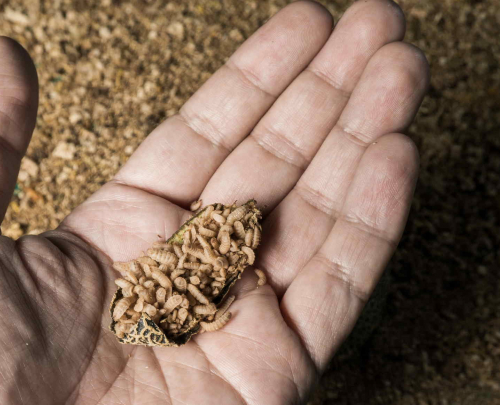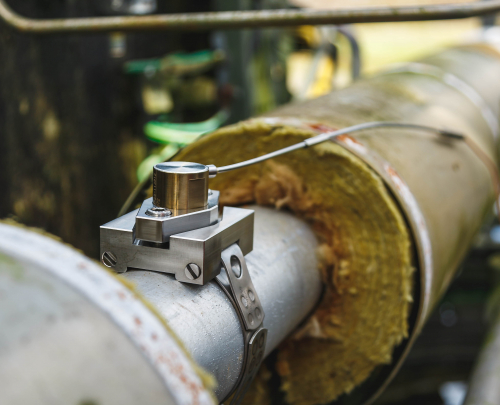
The global population is set to reach 9.7 billion by 2050
The global population is set to reach 9.7 billion by 2050; as a result, the challenge of producing enough food to meet human demand has never been greater. In order to provide sufficient and safe nutrition to this increasing population means that we will have to produce more food in the next 35 years than has ever been produced in human history.
One huge difficulty that adds pressure and immediacy to the situation is the lack of new land available for agriculture and the growth of urbanisation. The solution will be found in new innovations that can provide a more sustainable way of working with available resources through a range of agri-tech and agri-food systems.
Climate change also poses great threat to the food supply system. It is altering the way we distribute food to the way we grow our produce. The severity of pests and diseases in crops and livestock severely impacts the food production system. Approximately one-third of food annually produced for human consumption gets lost or wasted - either early on in the supply chain through misjudging when a crop is ready for harvest, to post-harvest losses due to lateness in supply chain at retailers and consumers.
If the demand for food continues to grow at current rates, it is predicted that by 2050 we would need 120% more water and 42% more cropland while losing 14% more forest and producing a massive 77% more greenhouse gas emissions.
The good news is that there are many innovative UK agri-tech and agri-food companies addressing these problems. Innovate UK and the Enterprise Europe Network (EEN) is supporting these businesses in many ways, such as the Global Business Accelerator Programme (GBAP). In a recent programme, 15 UK agri-tech companies were given the opportunity to collaborate and develop technologies with partners in Canada, and to find out more about access to funding.
“The opportunities for collaboration with first-class scientists and industry infrastructure is an important start for UK companies interested in expanding into Canada,” says Tom Jenkins, agri-tech lead at Innovate UK. It's a huge market: the province of Saskatchewan, for example, is the bread-basket of Canada, accounting for 40% of Canada’s agricultural land and the world's largest exporter of lentils, dried peas, mustard, flaxseed and canola.
Soil-less farming solutions
One of the companies on the trip was Suffolk-based Aponic, a company that has developed a vertical soil-less farming system that uses 90% less water than traditional agriculture: a concept that works well in Ontario which has a vast greenhouse footprint of over 22,000 square metres. Aponic’s system, which results in 30% greater yields growing 30% faster, works especially well with Ontario’s indoor farmers who are part of the world’s largest greenhouse cluster.
For Aponic, the Global Business Accelerator visit to Canada was particularly well-timed. Canadian Prime Minister Justin Trudeau announced the legalisation of cannabis as from October 2018. The consistent supply of pharmaceutical-grade cannabis gives Canadian farmers another option in high profit farming. The change in legislation enables growers to take advantage of Aponic’s turnkey system where they can grow a wide range of crops including potatoes, asparagus, ginger, turmeric and even tea.
Precision agriculture
For Mothive, whose technology specialises in helping farmers at the beginning of the supply chain, the visit to Canada was a source of information and contacts. “We had some really useful information to help us to connect with logistics companies and we’re now in Copenhagen working on a project with a large shipping company,” says Mothive's Angelo Monteiro.
Mothive's technology accurately predicts when crops are optimal for harvest so that the farmers know how many pickers they will need and crucially when they will need them. "The savings in time and money are passed down the chain so that the correct number of containers and trucks are waiting to carry the food on the next part of its journey,” says Monteiro.
Agri-food businesses must know exactly the amount of crops being grown and when they are ready to harvest, in order to make the best use of land resources and reduce logistics costs. Another important environmental issue that is tackled by Mothive’s product is water usage. With 70% of all freshwater being used by the agriculture industry, the management and reduction of water usage is a vital part of the agricultural landscape now and will continue to be in the future.
“The opportunities for collaboration with first-class scientists and industry infrastructure is an important start for UK companies interested in expanding into Canada”
Tom Jenkins






